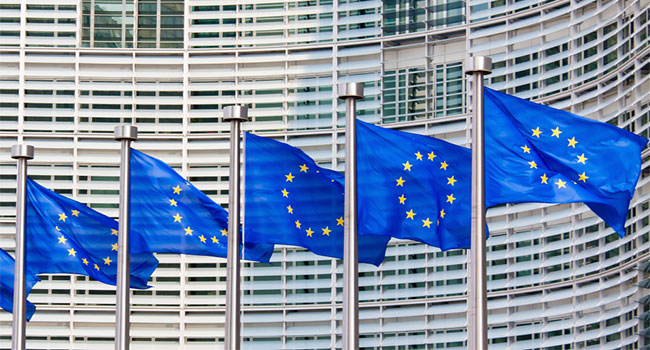
European Union Considers Policy to Regulate Use of Facial Recognition Technology
As countries across Europe grapple with the consequences of facial recognition software, EU officials are seeking to limit what the technology can collect and how the data is used.
- By Haley Samsel
- Aug 26, 2019
Officials for the European Commission, the executive branch of the European Union, are planning regulations that would give EU citizens explicit rights over use of their facial recognition data and place strict limits on what the technology can collect, The Financial Times reported.
The aim is to limit the “indiscriminate use of facial recognition technology” by companies, law enforcement and other public institutions, according to an official who spoke to the Times. The regulations mirror the EU’s moves to increase oversight of organizations that handle the personal data of citizens through the General Data Protection Regulation, which went into effect in 2018.
While the commission’s plans to legislate facial recognition are in the early stages, the Times reported that a government document circulating among officials states that the EU “should set a world-standard for AI regulation” and set “clear, predictable and uniform rules … which adequately protect individuals.” The document adds that the proposals would build on existing obligations under GDPR.
“AI applications can pose significant risks to fundamental rights. Unregulated AI systems may take decisions affecting citizens without explanation, possibility of recourse or even a responsible interlocutor,” the document reads, according to the Times.
The incoming president of the commission, Ursula von der Leyen, said she will introduce legislation to present a “coordinated European approach on the human and ethical implications of artificial intelligence” within her first 100 days in office. She will take office on December 1.
“We have to find our European way, balancing the flow and wide use of data while preserving high privacy, security, safety and ethical standards,” von der Leyen writes in her political guidelines for the EU. “We already achieved this with the General Data Protection Regulation, and many countries have followed our path.”
As facial recognition technology becomes more widely used around the world by law enforcement authorities, governments and private companies, politicians and activists have advocated for more oversight of its applications. In Sweden last week, the country’s national data protection authority imposed the first GDPR fine for misuse of facial recognition technology on a school that used it to track student attendance.
And in the U.K., the Information Commissioner’s Office opened an investigation into the use of facial recognition in a busy part of London near King’s Cross Station. Elizabeth Denham, the information commissioner, said on August 15 that she was “deeply concerned about the growing use of facial recognition in public spaces.” The software was being deployed by a private company.
“Scanning people’s faces as they lawfully go about their daily lives in order to identify them is a potential threat to privacy that should concern us all,” Denham said. “That is especially the case if it is done without people’s knowledge or understanding.”
About the Author
Haley Samsel is an Associate Content Editor for the Infrastructure Solutions Group at 1105 Media.